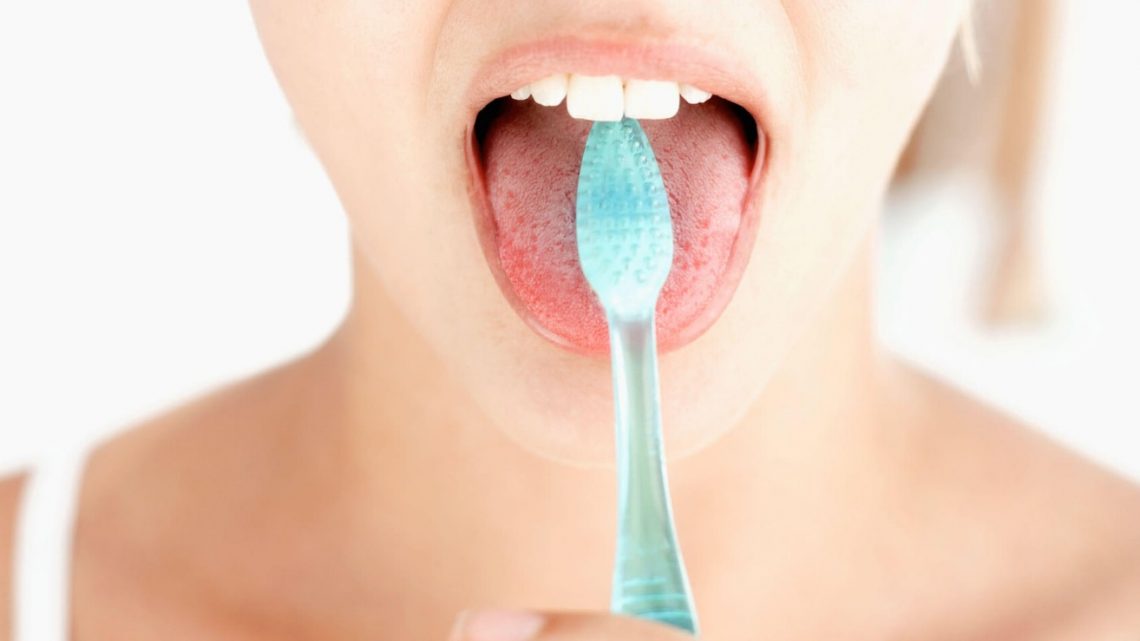
Sweet taste in my mouth: symptoms and causes
Did you ever feel like you just ate some candies, but actually, you didn’t eat anything sweet at all? That’s what a lot of people experience nowadays, and it doesn’t help that the food we eat is sometimes full of preservatives and sugar. That said, what this constant sweet saliva in your mouth means?
What does it mean to have a sweet taste in your mouth?
When eating candies, a cake, or even some fresh fruits, you may experience a certain level of excitement happening in your mouth and on your tongue. Thanks to your taste buds, you can feel every second and enjoy the fun feeling of having something tasty and sweet in your mouth.
However, if the sweet taste is not going away after a few hours, it might be a potential indicator that there is something wrong. In case you are experiencing the latter symptom for several days in a row, we strongly recommend seeing a doctor as soon as possible.
Is having a sweet taste in my mouth a sign that I have diabetes?
As you may already know, a person is diabetic when his/her blood sugar level is irregular. Having a persistent sweet taste in your mouth could be a sign that your body is having a hard time regulating the blood sugar level. This problem is mainly caused by the amount of insulin (a hormone that your body produces) not being used properly.
Nevertheless, someone with type 2 diabetes might not be able to taste sweetness very well, which can cause an overload of sugar if that person is not being careful. Therefore, you shouldn’t be alarmed right away and wait a few hours to see if the sweet taste goes away.
Why does my saliva always taste sweet at night?
If you were wondering what are the causes of a sweet taste in the mouth, here’s a list of the most probable causes:
- Irregular metabolism, which can cause many issues such as having a sweet tooth, or in the worst-case scenario, diabetes, ketosis, or even thyroid disorder.
- Neurologic disorders. It could be an early sign of a stroke, seizure, or epilepsy.
- A virus that attacks your olfactory system. For example, some people lost the ability to taste due to the COVID-19 virus during the pandemic.
- Having a nose or a mouth infection can affect the sweetness taste in your saliva and your taste buds.
- GERD (Gastroesophageal reflux disease), which causes the acid of one’s stomach to go all the way up to the throat. As a side note, this is also called acid reflux.
- Pregnancy, since pregnant women can also experience acid reflux as well as craving for sweet snacks.
- Some forms of cancer can cause sodium depletion, such as lung cancer. This irregularity with the sodium level in the body is also called the Syndrome of Inappropriate Hormone Secretion (SIADH).
How to reduce or prevent the sweet taste in my mouth?
The number one advice, as always, is to stay as healthy as possible. This means you need to take good care of your body by regularly exercising and eating fresh fruits and vegetables. Also, it would be better you limit your sugar intake. Careful now, we are not saying you shouldn’t eat a piece of cake at your friend’s birthday party! It’s all about having a balanced diet with good habits.
Additionally, you could also prevent a constant sweet taste in your mouth by avoiding alcohol and drugs, or at least, moderating your consumption. Finally, good dental hygiene can help reduce mouth-related symptoms by brushing and flossing your teeth two to three times a day.
What to do if the sweet taste in my mouth doesn’t go away?
After many days or even many weeks, you still have the symptom of a sweet taste in your mouth? In that case, there are 2 possibilities. The first one is to cut all sugars from your diet and eat only healthy food for a while. If the sweet taste still doesn’t go away after that, it’s time to go see a doctor.
The latter will perform a physical examination and ask you a couple of questions about your health and diet in general. Thereafter, he/she will decide what test you should go through, which generally begins with a simple blood test to see if your blood sugar level is alright. Depending on the results, other tests could be used, such as a brain scan, or an MRI for example.
In conclusion, a sweet taste in the mouth is not always a sign of something dangerous. As a matter of fact, it is more often than not just an early sign to let you know that you should be careful with your diet. On that note, we hope this answers all of your questions and that you still enjoy eating your sweets, as long as it is in moderation!
